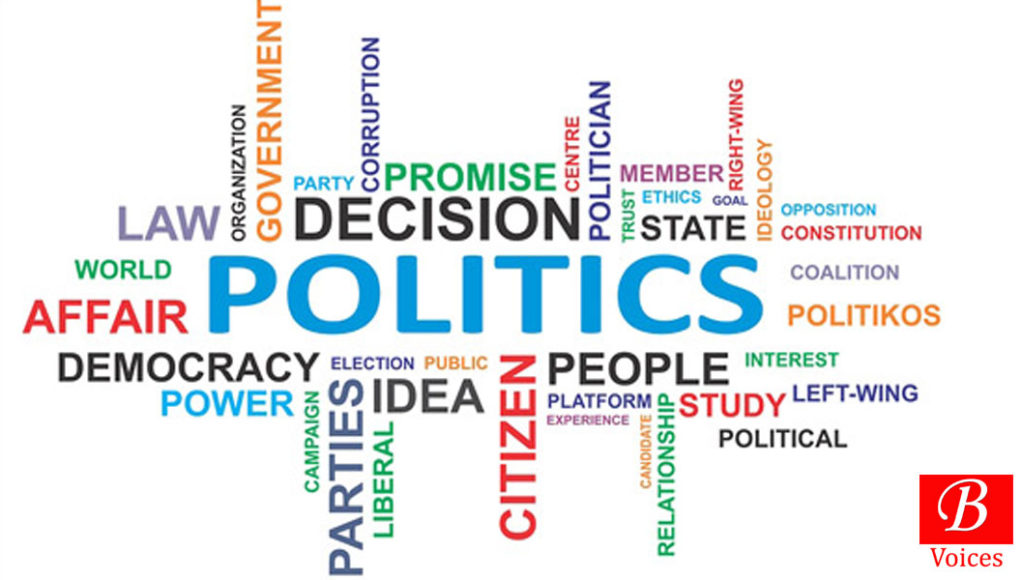Nizam Rahim Baloch
It is vivid that prevailing political culture in Balochistan is fragile due to multiple reasons. There is an obvious sense of political deprivation among the people of Balochistan which emerges from a number of factors.
Firstly, it is argued by the bulk of people from Balochistan that at the central level, the decisions of the government are formulated and implemented by a small elite consisting of political, military and bureaucratic personnel. It is an acrimonious truth that Pakistan’s political culture has numerous flaws and it is never democratic in practice. Due to this very factor, majority of communities question the credibility of the state in the matters. Balochistan is the best available precedent in this regard. The sense of disempowerment as well as alienation is increasing in the case of Balochistan.
Secondly, the political culture in Balochistan when compared to other provinces of Pakistan is the most ineffective one. The tribal heads still play a key role in politics as well as in provincial administration. The division among the nationalist parties further deteriorates the sufferings of the people of the province, which undeniably needs much attention. Since the inception of Pakistan, the central government has always been the partisan of tribal heads and consolidated with them by granting them enormous political and economic incentives in order to legitimize their hold over the masses of the province.
Thirdly, paucity of education and less awareness about political affairs and rights are the reasons that diminish the participation of the people belonging to this province in politics and other services.
Fourthly, military in Balochistan keeps sway over the day to day affairs. This control has a long history and the people of Balochistan believe that this influence would not be ended in future. According to Abdul Qadir Baloch former army General and current federal minister, “The Security establishment does not want the political parties in Balochistan empowered beyond the limits they have set for them.”
The history of elections in Balochistan is worst in terms of low turn-out, clashes and massive rigging. As an addition, the last general elections, Balochistan witnessed meager turn-out which vindicated the notion that the people in this province are either terrified from the insurgents or they do not trust their political representatives. It is an alarming situation that in some constituencies, the turn-out is unbelievable. For instance, in district Awaran PB-41, 544 people casted their votes out of 58,000 registered voters. General Qadir, the federal minister got merely 5,000 votes out of a total of 200,000 registered voters. These figures depict that it is the political culture that creates impediments in the way of political participation. This also tells us that the political leadership of Pakistan should work out a strategy to transform the parochial political culture into a participant political culture.
The Societal Culture plays a decisive role in the case of Balochistan. In Balochistan, the societal norms are linked with ethnic and religious backings. People of Balochistan both Baloch and Pashtuns have their distinctive hallmarks in dealing their socio-political issues and they have history of thousands of years. They feel pride of their respective races. Besides from things positive, they are certain loopholes in the Balochistan society which are repugnant for the development of Balochistan. As an illustration, people coming from other provinces are seen as the agents of establishment especially in Baloch areas. People in Balochistan are always terrified from the demographic change which is quite probable in such situations. They argue that the influx of people coming from other parts of the country would push them back and they are suspected that such developments would make them minority in their own province. Such obsessions are portrayed in every forum where the issue of Balochistan is discussed.
Mullahs have established their own omnipotent grounds in Balochistan in general and in Pashtun areas in particular. The religious political parties receive a sizeable share of seats in the elections. The Afghan Jihad in 1980s brought new changes and large numbers of Jihadi centers were established in Balochistan. The killing of Afghan Taliban Chief Mullah Mansour on Balochitan’s soil by an American drone attack is the testimony of this perception.
So, political culture and societal norms directly affect the development of Balochistan. Unless actions are taken in these regards, there will not be any positive or progressive change in Balochistan. The politics would be used by the few political elites and religious pundits to attain their own interests and the common people won’t get adequate facilities to alter the prevailing political and societal cultures into participant ones.
Share your comments!








